|
|
| Housed in a textured tip-on jacket. Runout details are stamped except hand etched '-1-1 x PR' on both sides. Publishing: A1, A2 - Adour Music Co. (ASCAP) A3 - Nayland Music Inc. (BMI) A4 - Maltese Music Inc. Ragmar Music Corp. (BMI) A5 to B5 - Adour Music Co. (ASCAP) [Front cover:] Mercury Record Corporation, 35 E. Wacker Drive, Chicago, Illinois 60601 • Printed in U.S.A |
|
|
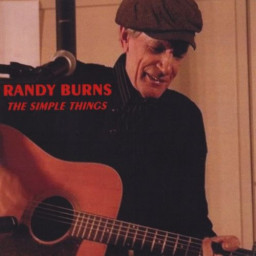 |
Randy Burns – The Simple Things
Music Maker Relief Foundation – MMCD 099 |
|||||||||||||||||||||||||||||||||
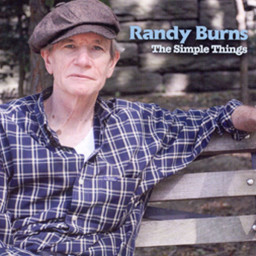 |
|
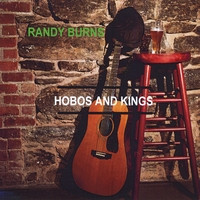 |
Randy Burns – Hobos And Kings
|
| 1 | Hobos And Kings | |
| 2 | In The Beginning | |
| 3 | Berts Blues | |
| 4 | Everytime We Say Goodbye | |
| 5 | Some Things Just Happen | |
| 6 | Rompin’ Rovin’ Days | |
| 7 | The Love She Found In Me | |
| 8 | Cry On My Shoulder | |
| 9 | Always You | |
| 10 | Old Fashion Christmas | |
| 11 | Hobo's Lullaby | |
| 12 | The Parting Glass |
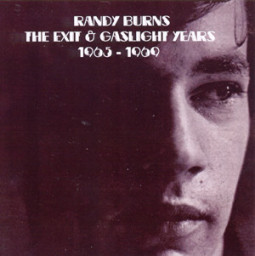 |
Randy Burns – The Exit & Gaslight Years 1965-69
|
Not On Label – none CD
|
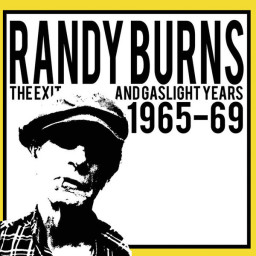
Improved Sequence Records – IMP072 LP
|
|
Live Dogs 1970 Randy Burns & The Sky Dog Band We are proud to offer a 1970 Acoustic Live performance by Randy Burns and the Skydog Band, recorded at the New Haven (CT) Folk Festival. This is a fun album, displaying the excitement of both the band, and an era itself. Meticulously remastered from original tapes recorded by Joe Phillips on that August evening, it remains as a snapshot of a timeless event. Also included is a Bonus live track of Randy's heartbreaking "Christmas Lights" as a duet with Skydog background vocalist, A.J. Mulhern, recorded at the Enormous Room Coffeehouse at Yale University in 1970. This CD is a MUST for Randy Burns collectors! A WildCat Production. |
|
A great Randy Burns CD! Randy calls it the "Folk album I always wanted to make". Contains originals, "Jesus Loves The Late Night Girls", "The Farm Song" and "At The End Of The Night" and "The Marriage Song". It also includes unique interpretations of Contemporary and Traditional Folk standards. Burns is backed by his longtime guitarist, Matthew Kastner and a host of others. A WildCat Production. |
| This exciting CD retrospective of the early years, 1966-1970, includes the best of the first three albums, newly re-mastered and restored. Also included is the NEVER-before-released Underground "hit" single by The Morning, "Early Morning Fantasy"! A WildCat Production, produced by Joe Phillips. |
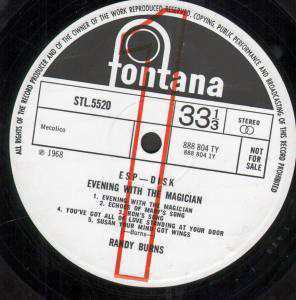
RANDY BURNS evening with the magician LP 10 track stereo pressing promo
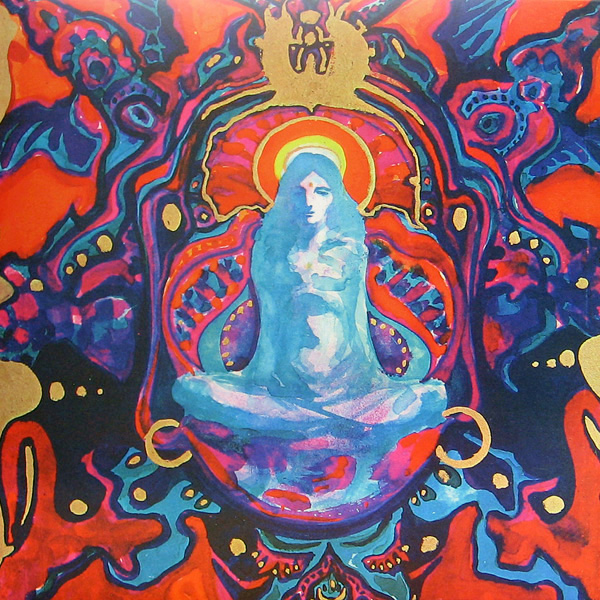
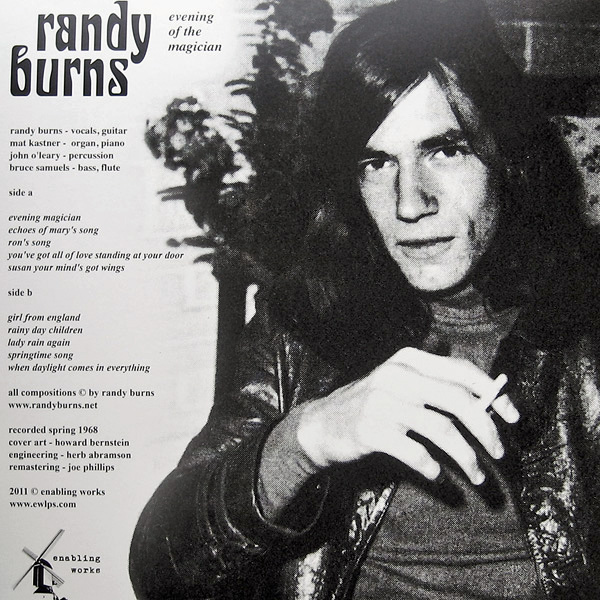
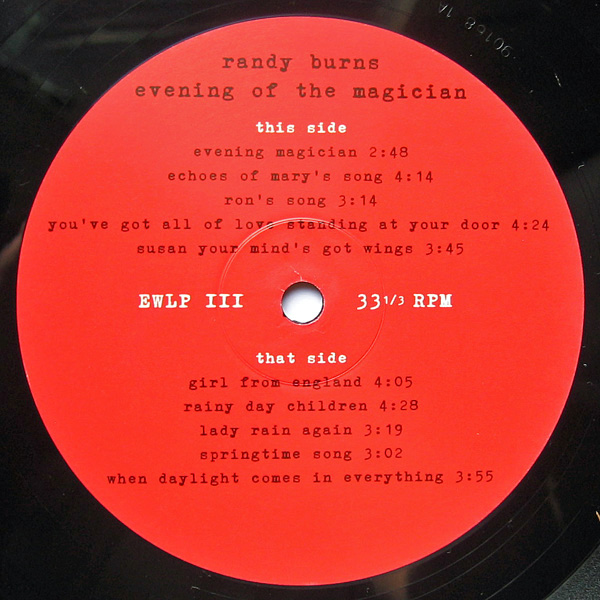
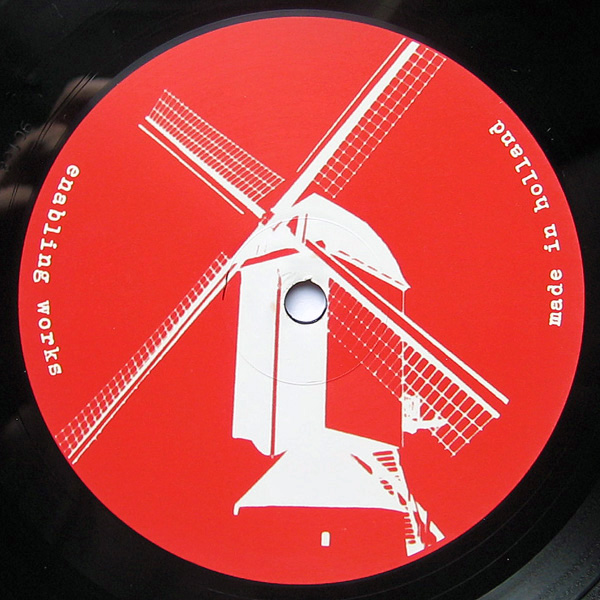
300 copies pressed.

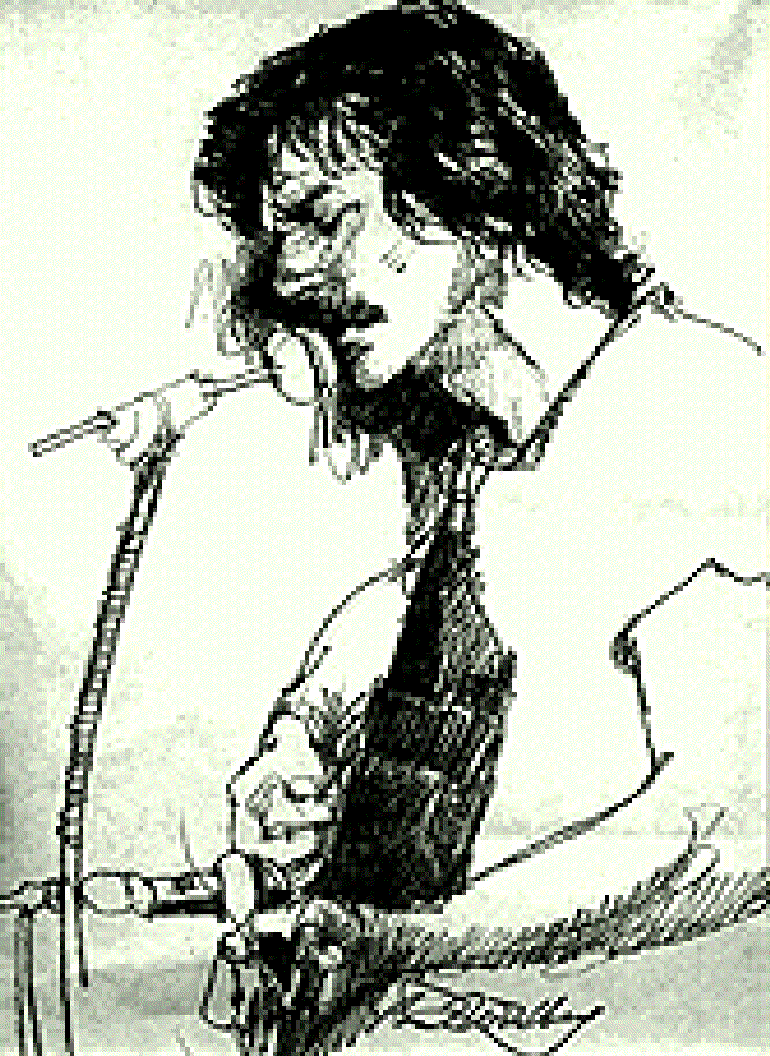
Randy Burns (born Randall R. Burns on 14 April 1948) is an American folk singer, songwriter and guitarist. He recorded a number of albums from the mid-1960s under his own name and with a band as Randy Burns and the Sky Dog Band. He has continued to perform and record occasionally.
Burns's career began in the Connecticut and New York folk coffee house scene of the mid-1960s, including New Haven's Exit and Greenwich Village's Gaslight. From a start covering traditional material and songs by writers including Eric Andersen and Tom Ghent, he soon moved on to his own song-writing and to fronting bands called "The Morning" and Randy Burns and the Sky Dog Band. He recorded for ESP, Mercury and Polydor in the late '60s and early '70s.
In the late 1970s, Burns relocated to Dublin, Ireland, for two years, continuing to perform in bars. After returning to the US, he released the cassette-only album The Cat's Pajamas in 1991 on his own Picket Fence label.
He began performing again in 2009, and released an album, The Simple Things. This was followed, in 2010, by Hobos and Kings.
Website: RandyBurns.net
Version 3, edited by KeithJones on 27 May 2020, 8:17pm
As the Folk Revival was fading, he formed the electric folk rock group, Randy Burns and the Skydog Band . Within months his first major label album was released on Mercury Records and two albums soon followed on Polydor Records.
Randy Burns and the Skydog Band played all the legendary clubs in the country, the Cellar Door in DC, The Bijou Theater in Philadelphia, The Troubadour and Whiskey A Go Go in Los Angeles, The Bitter End and Electric Circus in New York, The Quiet Night in Chicago, The Hungry Eye in San Francisco, Berkeley Folk Festival with Buddy Guy and the Hollywood Bowl with the Smothers Brothers.
Rolling Stone Magazine said, ‘Nobody, but nobody, sings anything like Randy Burns.’ The New York Times called Randy “Vocally Convincing.” Billboard Magazine wrote that “Randy’s voice is so intrinsically right that it wraps the listener in a pool of contentment.” When Randy played The Troubadour , the Los Angeles Times said, “Randy is the best country flavored rock singer since Graham Parsons, who was, and is, as good as anyone before him.”
Frustrated with the music industry, Randy returned to his folksinging roots and hit the road again as a folksinger. For years he was literally homeless – ‘It would have been a waste of money,” he says, “I was singing so many places that I’d leave a bag of clothes wherever I usually played so I could travel light.” A headliner at Kenny’s Castaways, in the late 70s, owner Pat Kenny arranged for Randy to tour
After fifteen years, Randy is back with a brand new CD out on Music Maker along with several other projects in the works. Recently Randy returned to
If you were around
Randy Burns is a minor figure on the Greenwich Village '60s folk scene, but
his albums are largely enjoyable examples of post-Dylan psychedelic folk; the
first three have the added collector value of being on the legendary New York
indie ESP-Disk although they're not as interesting as, say, Pearls
Before Swine.
Burns was born in Connecticut in 1948 and ran away from
home at the age of 17. After the requisite period spent bumming around with a
guitar on his back, the teenager ended up in New York City at the tail end of
the folk boom of the early '60s, sleeping in Washington Square Park and busking
for spare change. In early 1966, at the age of 18, he landed a regular gig as
the permanent opening act at the legendary Gaslight Club on MacDougal
Street in Greenwich Village. Shortly thereafter, Burns was approached by
ESP-Disk founder and president Bernard Stollman, who invited the young
folk singer to record for his label. Although Burns' style was far more "normal"
than anyone else on the label (his cohorts included the Fugs and the
Godz, plus the best of the city's free jazz scene), he dutifully recorded his
first album, 1967's Of Love and War, a pleasant but fairly unremarkable folk album
of the time with Burns' smooth voice accompanied only by his acoustic guitar and
Emery Fletcher's occasional 12-string accents. Burns only plays three originals
(all quite good), with the rest of the album consisting of scene standards by
folks like Eric Anderson and David
Blue, with a haunting version of Irene Paul's haunting 1940s anti-war ballad
"Mr. War" the highlight.
The Village folk scene petered out during the
summer of love, and like many of the New York folkies of the time, Burns became
intrigued by the possibilities of psychedelic rock. Briefly returning home to
New Haven, Burns hooked up with a local psych-pop band called the Morning. Thus
inspired, he returned to Greenwich Village and formed the Sky Dog Band, which
consisted of Burns on vocals and both electric and acoustic guitar, Mat Kastner
on piano and organ, Bruce Samuels on bass and flute, and John O'Leary on trap
kit and (more often) hand percussion. The new foursome gigged around town in the
winter of 1967-1968 and entered the studio to record Burns' second
ESP-Disk album, Evening of the Magician, the following spring. A huge
improvement over Burns' rather pedestrian debut, Evening of the Magician is a minor classic of acid folk with ten
excellent new Burns originals and none of the uninspired covers that dragged
down Of Love and War.
Burns kept the Sky Dog Band for his
third and final ESP-Disk release, 1970's Song for an Uncertain Lady. The psychedelia is somewhat toned
down on this release, and a newfound country tinge colors several tracks. The
country-rock feel suits Burns' voice and songs very well, and this album is
nearly the equal of its predecessor.
When ESP-Disk began winding
down in the early '70s, Burns made the major-label jump that only his erstwhile
labelmates the Fugs and Pearls
Before Swine had previously managed. Signing with Mercury Records,
Burns recorded 1971's Randy Burns and the Sky Dog Band, another fine
country-rock effort. Unfortunately, it didn't sell much more than his
ESP-Disk material had (hardly at all, in other words), and Mercury
dropped him. Polydor came to the singer/songwriter's rescue for two more
albums, 1972's I'm a Lover, Not a Fool and 1973's optimistically titled Still on
Our Feet. Polydor followed Mercury's lead after that album, which
remained Burns' final release for nearly two decades.
Burns didn't give
up performing in the '70s and '80s. He and Kastner, who switched from keyboards
to guitar and bass, played folk festivals and coffeehouses throughout those
years, and in 1991, the pair recorded The Cat's Pajamas, a cassette Burns
self-released on his own Picket Fence label, selling most of them at
shows. Burns continued to perform through the '90s while writing his
autobiography, Before the Road Ended. Excerpts from this book appeared in
a variety of folk-related zines and websites in the late '90s. All three of
Burns' ESP-Disk releases came out on CD as part of the German ZYX
label's ESP-Disk reissue campaign in the mid-'90s. ~ Stewart Mason, All
Music Guide